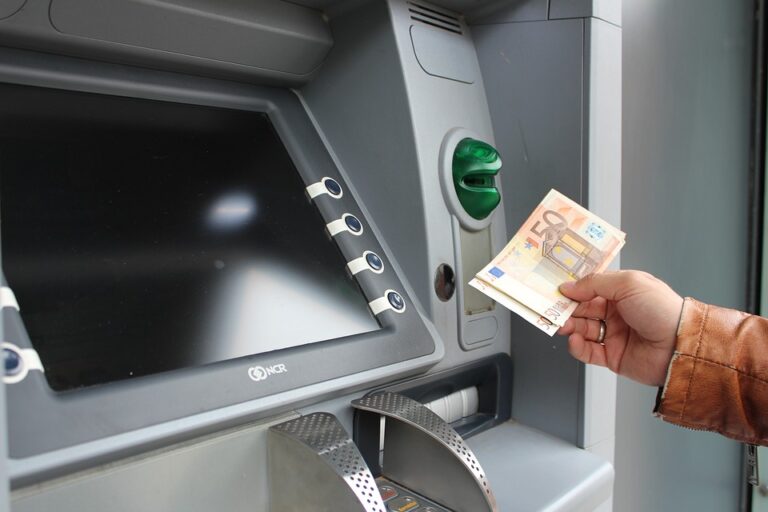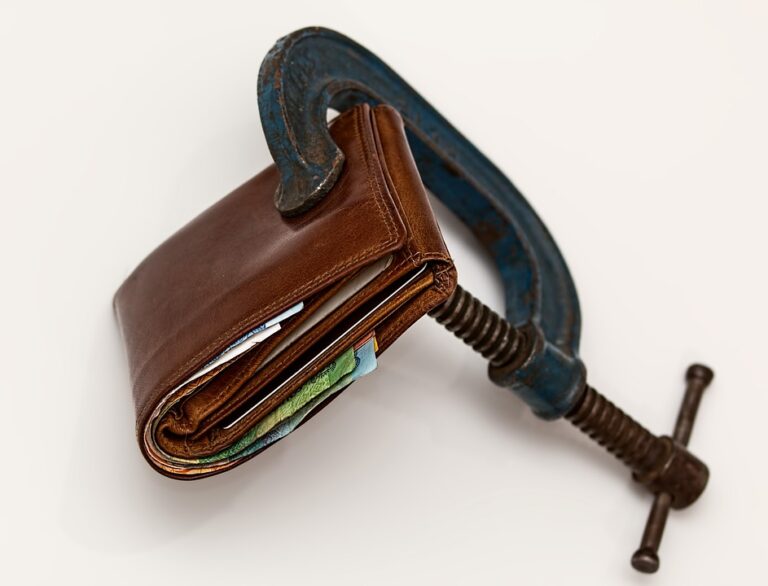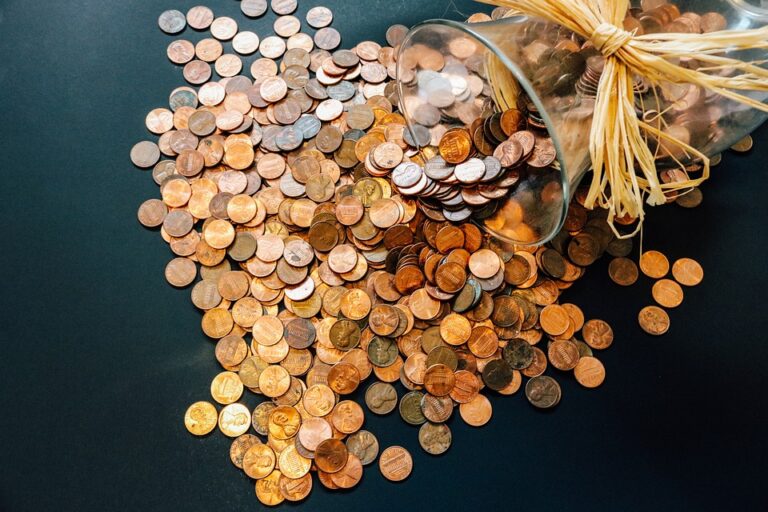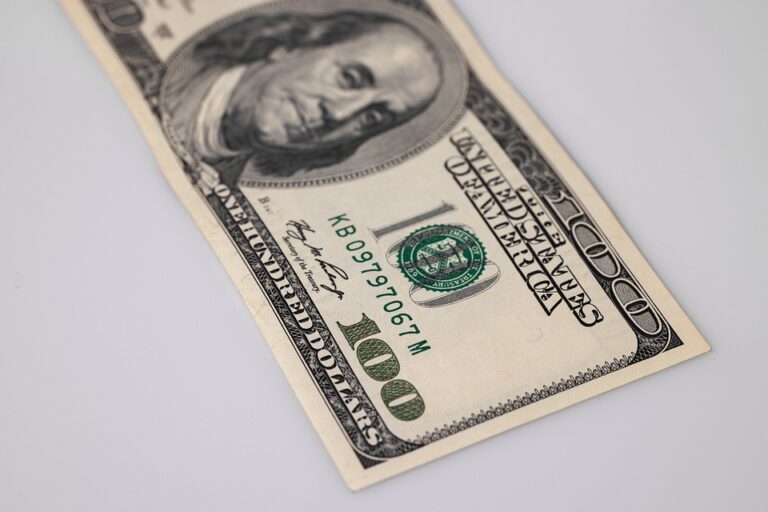Last updated Aug. 2, 2024 by Okechukwu Nkemdirim
Everyone loves a good money-saving tip. From clipping coupons to cash-back apps and minimalistic living, the extent people go to save money can sometimes border on outrageous. However, there’s one money-saving story I often share that never fails to amuse and astonish: the tale of my brief foray into dumpster diving.
A Quirky Beginning
It all started during my college years, when money was tight, but aspirations were high. Like many students, I found myself struggling to stretch a dollar far enough to cover rent, books, food, and occasional social outings. Despite working two part-time jobs, I was constantly on the lookout for ways to save more. One fine day, while browsing through a thrifty living forum, I stumbled upon a thread discussing the wonders of dumpster diving.
Initially, the thought of rummaging through trash bins for resources seemed unappealing. But the stories of people finding perfectly good food, clothes, and even electronics sparked curiosity in me. Little did I know, this curiosity would soon lead me on quite an adventure.
The Dive Decision
The idea simmered in my mind for weeks. Meanwhile, desperate times continued to call for desperate measures. One night, I confided my financial woes and curious dumpster diving thoughts with my close friend, Mark. Fortunately, Mark’s adventurous spirit matched mine. We decided to give it a shot.
After some research, we identified the best times and locations to explore: supermarket dumpsters on Sunday nights. Supermarkets, we learned, often discarded fresh but unsalable items like slightly bruised fruits, vegetables, and near-expiry packaged foods before receiving new stock on Mondays. Equipped with gloves, flashlights, and thick bags, we set out.
The First Dive
Feeling equal parts excited and nervous, we cautiously approached our first target—a local upscale grocery store. The moment we lifted the dumpster lid, we were hit with a medley of smells, but to our surprise, the contents were cleaner than we imagined. We found perfectly edible fruits and vegetables, unopened boxes of pasta, and even a couple of bottled juices.
The initial fear and discomfort quickly turned into a thrilling treasure hunt. Once back at Mark’s apartment, we laid out our finds on the kitchen table, marvelling at our ‘haul’. Over the following weeks, this weekly escapade became an integral part of our routine. Not only did we save a significant amount on groceries, but we also realized the extent of food waste.
Uncovering Hidden Gems
As time passed, we began exploring different types of dumpsters. College dorm move-out periods were goldmines for discarded items like furniture, electronics, and household goods. We once found a perfectly functional coffee maker, which served us well through sleepless exam nights. The thrill was not just in the savings but in the unknown potential of each dive.
One of our most memorable finds came from an upscale bookshop that was relocating. Amidst discarded flyers and cartons, we discovered piles of books. Most were slightly damaged or out-of-season titles unsellable in their new, smaller location. The joy of finding those books was akin to discovering buried treasure. We donated many to local shelters and kept a few prized copies for our own home library.
The Reality Check
While our dumpster diving adventures were exciting and financially beneficial, they were not without drawbacks. Concerns about hygiene and legality always loomed in the background. We made sure to follow safe practices, like wearing proper gloves, disinfecting items, and being discreet to avoid any unwanted attention or legal trouble. Over time, the thrill started to wear off, and the practicality of investing more time into our studies and career prospects outweighed the allure of found goods.
Lessons Learned
Our months of dumpster diving taught us invaluable lessons about resourcefulness, waste, and consumerism. We realized how much perfectly good food and items were discarded simply because they weren’t aesthetically perfect or were slightly damaged. It was eye-opening and made us more conscious consumers. Even after we ceased our dumpster diving activities, we maintained our frugal habits, continued to minimize waste, and made smarter purchasing decisions.
Conclusion
In retrospect, dumpster diving was undoubtedly one of the craziest things I did to save money. While it may not be the ideal solution for everyone, it catered to our needs at the time and offered valuable experiences. Those days are now chapters in a life enriched with unique stories and lessons on resilience and ingenuity.
If you ever find yourself in a bind, remember that unconventional solutions can sometimes offer the most memorable adventures and valuable lessons.
✓ Short Answer
I embarked on dumpster diving during college to save money. My friend Mark and I found edible food, furniture, and even books in supermarket and bookstore dumpsters. Although concerns about hygiene and legality were present, we maintained safe practices and learned valuable lessons about waste and resourcefulness. Ultimately, these experiences fostered a more frugal and conscientious mindset.
FAQs
Is Dumpster Diving Legal?
Generally, laws around dumpster diving vary depending on the location. In many places, once trash is placed outside the property for disposal, it is considered public domain. However, private property laws, trespassing regulations, and local ordinances can make dumpster diving illegal. Always check local laws before attempting it.
Is Dumpster Diving Safe?
Safety can be an issue, primarily due to potential exposure to unsanitary conditions. Wearing gloves and protective clothing, and disinfecting items thoroughly can mitigate some risks. Always practice caution and avoid unsafe environments.
What Can You Find Dumpster Diving?
Food near its expiration date, furniture, electronics, books, and clothes are common finds. The quality and type of items depend on the location, with supermarkets, bookstores, and college dorms being particularly fruitful spots.
Why Do Stores Throw Away Good Items?
Supermarkets and stores often discard items due to cosmetic imperfections, upcoming expiry dates, or unsellability in their prime market. The consumer demand for perfect products and liability concerns often drive this wastage.
How Can I Reduce Waste Without Dumpster Diving?
Adopt frugal habits like meal planning, buying in bulk, and frequenting thrift stores. Reducing personal waste, composting, and recycling are also effective measures to contribute to less waste.
Can Dumpster Diving Affect Your Public Image?
While some view dumpster diving as a sustainable practice, others may see it as socially unacceptable. It’s important to consider personal comfort and local culture when choosing whether or not to engage in dumpster diving.
Is Dumpster Diving Worth It?
Dumpster diving can offer significant savings and valuable lessons in resourcefulness. However, it demands time, effort, and a willingness to confront social norms. Weighing the pros and cons relative to individual circumstances is essential.
Taking unconventional approaches to saving money might seem daunting, but they often yield unique stories and invaluable lessons. My dumpster diving adventure stands as a testament to the lengths I went to save money and the growth that came from taking that leap.




